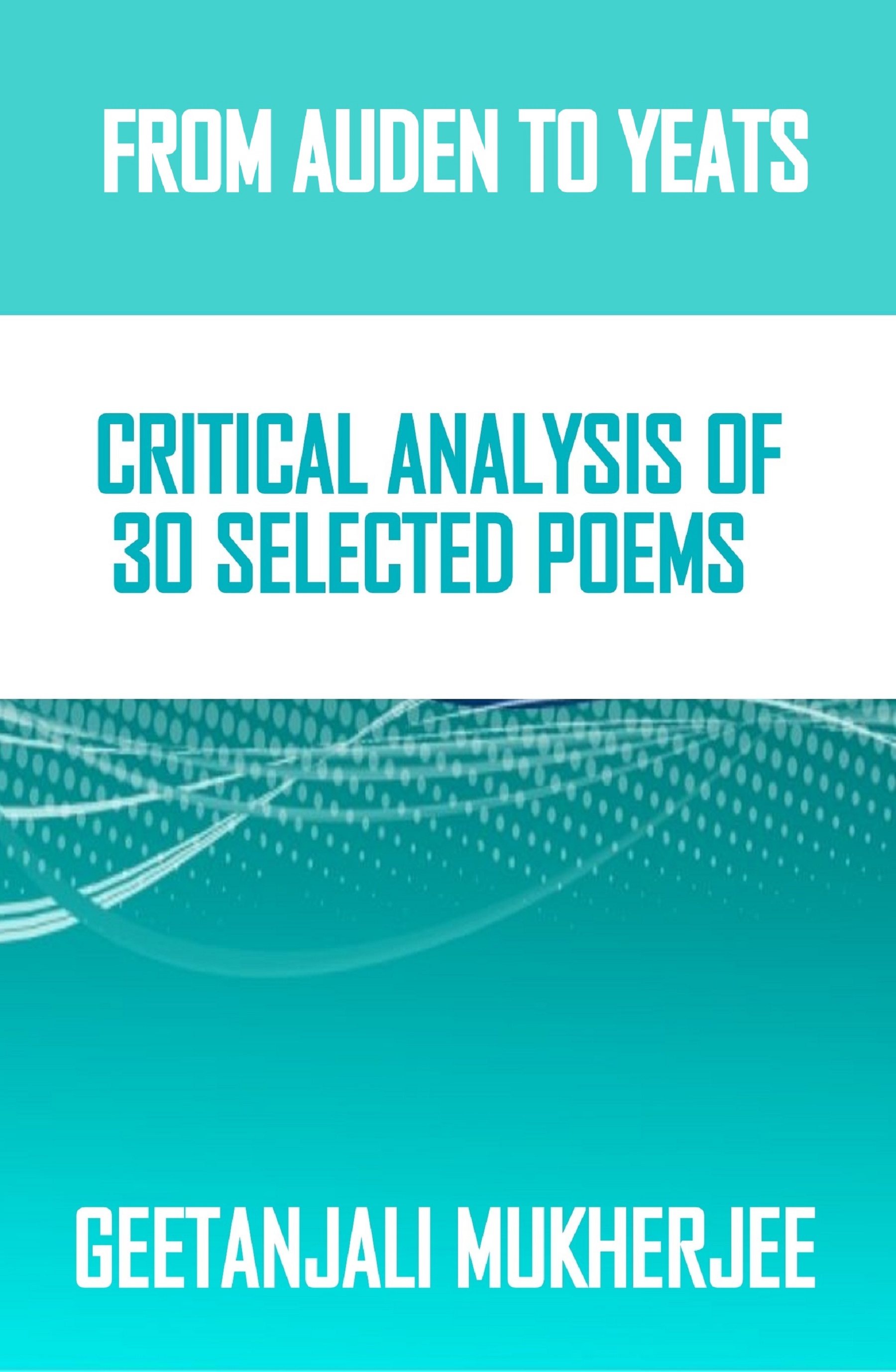
This book is a ready reference for students of English literature looking for help navigating the poetry of some of the late nineteenth and twentieth century’s greatest poets. The book contains in-depth critical analyses of 30 selected poems from the work of W.H. Auden, Ted Hughes, John Keats, Philip Larkin and W.B. Yeats. A collection of 30 essays, the book aims to help students of literature gain an overview of the life and work of each poet represented, as well as understanding the poems discussed in sufficient depth.
FEATURES OF THE BOOK:
* A section on the life and background of each poet, to better understand the influences behind their poetry, and gain insight into the context of the selected poems
* A simple explanation of each poem
* Explanations of the themes, motifs and symbols used in the poems
* A dedicated essay for each selected poem, analysing it for the benefit of the literature student
* Short questions for students to think about, on the deeper underlying themes of the poems
This is an invaluable guide for school and college students of English literature or anyone wishing to gain a deeper understanding of some of the best-known poetry of the last century. This book is best used as a study guide, and should not substitute reading the poems themselves (POEMS NOT INCLUDED).
Some of the poems discussed:
* W.H. Auden - Refugee Blues
* Ted Hughes - Crow Tyrannosaurus
* Philip Larkin - The Whitsun Weddings
* John Keats - To Autumn
* W.B. Yeats - The Second Coming
This is one of my most consistently selling books, in both print and ebook. It has hit several best-seller lists and consistently on the top 100 of its genre. I think it is quite relevant to students of literature, either in high school or college, who have to study 19th and 20th century poets and analyse their poems. It is written in an easy-to-understand style.
Auden believed that love is a powerful, creative force; it must be disciplined and controlled, otherwise it becomes a powerful force for destruction. It becomes self-love, an inhibiting force. Yet the ideal love is that in which the self does not love its importance, by being merged into a larger unit, the new relationship includes and transcends the old one. “Lullaby” is a poem essentially about the metaphysical and spiritual aspect of love.
The tone of the poem is tender and lyrical, reinforcing the subject, which is serious. It is in the form of a dramatic monologue, addressed by the speaker to his love. The poem is weighty with thought, moving away from convention, and imbibing the simplicity of a true lyric. The rhymes are delicately hinted, creating a harmony between musical lines and extended statements, which reinforces the poem’s gravity.
The opening is abrupt and colloquial, spoken by a lover to his sleeping love. There is a realistic approach to the lover’s words, he has no illusions about himself, knows that he is “faithless”. He talks of love as “ephemeral”; it will “burn away” with time. He does not glorify his beloved as a goddess and put her on a pedestal, he recognises that she is merely “mortal, guilty”, and accepts her the way she is, “entirely beautiful”. He knows that disease, old age and death are the only permanent and universal facts. Their love too is subject to death and decay. In the same way he accepts his lover, man should accept life with all its imperfections.
| Language | Status |
|---|---|
|
Chinese
|
Already translated.
|